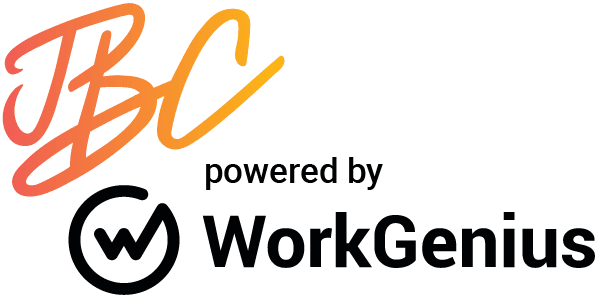
You know that feeling you get when you walk out of a conversation and wish you had said or done something differently, but now it’s too late? Interviews are a perfect example. You’ll spend the rest of the day and the following days mulling over every detail until you drive yourself crazy.
We naturally approach stressful situations hoping for the best and can’t prevent the feelings of disappointment if we don’t get the outcome that we want. To counter this feeling, be proactive in your strategy before and during an interview.
Every professional has to deal with a crisis at some point in his or her career; view them as opportunities to demonstrate how you perform under stress and how you would handle unexpected situations. If you find yourself in one of these awkward moments, attempt to salvage the situation on the spot versus beating yourself about it after the fact.
1. You’re bombarded with questions. Somewhere between the interviewer asking three questions at once and explaining why they are asking the questions, you forget the question. To ensure you cover everything, repeat the questions that you can remember and kindly ask: “Would you mind repeating the last question? I want to make sure I provide you with a thorough answer.” Don’t apologize and don’t fumble, just be sure to answer each question thoroughly now that they’ve been asked multiple times.
2. You bad talk your previous or current employer. Oh no, you let it slip, you’re not a huge fan of your boss’s methods. The ultimate offense of job interviews has been committed and there’s no turning back. The interviewer may sympathize with you, but you are certain they just silently crossed your name off of the short list. You can attempt to salvage this moment by turning the negative statement into an example of how you met the challenge and found a way to excel in your role for the good of the company and its goals.
3. You forget the interviewer’s name(s). If you’re having trouble recalling names, it may not bode well if you make it obvious to your interviewer(s). Prevent this from happening by trying one of these tricks: (1) neatly (and inconspicuously) arrange their business cards (if provided) according to the order in which they are seated so that you can quickly glance at them when you need a reminder; (2) silently repeat the name ten times after hearing it, and try to repeat it out loud a couple of times at the start of the conversation; and (3) create an association between the name and something you know about the person (“Erin works in buying.”) or cross-reference it with something else (“My childhood friend’s name was Erin.”).
4. Your body language is unprofessional. Halfway through the interview, you realize you’ve been slouching, or that you’ve been nervously shaking your right knee. If you still have time, perk up and be mindful of your body language. Sit up straight, maintain eye contact, keep your arms and legs still, and relax your features. You want the interviewer to feel like they can have a conversation with you, not uncomfortable because you’re too shifty.
5. A question catches you off guard. Unfortunately, you didn’t do enough research and you’re stumped by a question regarding a new product or recent event. Don’t panic, don’t pretend to know what they are talking about, and don’t make something up just for the sake of answering the question. It’s okay to ask the interviewer to elaborate, but bring it up with another bit of information that you know about the company to demonstrate your awareness of other initiatives that may be related. Express your interest and excitement while mentioning that you’re looking forward to working with such an innovative company.
6. No one is speaking. The discussion comes to a pause as the interviewer tries to think of additional questions to ask. Don’t sit there in waiting, use this opportunity to ask an engaging question to keep the conversation flowing and prevent the interview from coming to a premature end. Alternatively, instead of asking a question, you can mention some of the company’s recent successes in relation to the role in which you hope to obtain.
7. You have a wardrobe malfunction. A run in your hosiery, chipped nail color or a coffee stain on your tie is enough to take your look from polished to disheveled. Don’t let a minor wardrobe mishap ruin your interview – come prepared by stashing a few items in your bag in case of an emergency. An extra pair of hose (or an extra tie), a Tide stain remover pen and the bottle of the polish you’re wearing can all come in handy should you find yourself in need of a quick fix. Before you set out for your interview, take inventory of your outfit and add anything to your stash that could come in handy.
8. You forgot to turn your phone off. Whatever you do, don’t answer it! Even if you think it’s an emergency, don’t answer it. If you’re expecting a call from a loved one that you will have to take that is absolutely urgent, let the interviewer know before the interview begins and apologize in advance. Otherwise, quickly slip your hand into your bag (because your phone wouldn’t be on the table) and silence the ringer while apologizing and continuing the conversation.
9. You need a drink. If you’ve been in an interview for over an hour, you’re going to need water. Don’t be afraid to ask for a cup of water or to grab one of the bottles of water on the table. If you declined a beverage at the start of the interview, say that you would like to take them up on their offer if it’s not too inconvenient.
10. Technical difficulties are hindering your presentation. You should have a backup plan. Don’t assume you will have a WiFi connection, or that there will be a computer you can use to open the files you have saved on a flash drive. If you have a presentation, bring everything you need from your laptop or tablet to your own Internet connection. Additionally, email the presentation to yourself and bring a hard copy (in color) for good measure.

